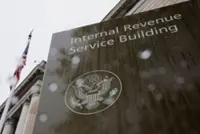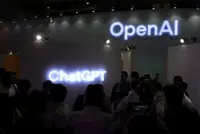KUALA LUMPUR: Numerous steps have been taken by FGV Holdings Bhd to resolve the violation of human rights allegations against the company since the US Customs and Border Protection (CBP) issued a Withhold Release Order (WRO) back in September 2020.
to resolve the violation of human rights allegations against the company since the US Customs and Border Protection (CBP) issued a Withhold Release Order (WRO) back in September 2020.
FGV group chief sustainability officer Nurul Hasanah Ahamed Hassain Malim said apart from receiving an email informing the group of the WRO, no other information was given on who needed to be contacted or what the actual allegations were.





